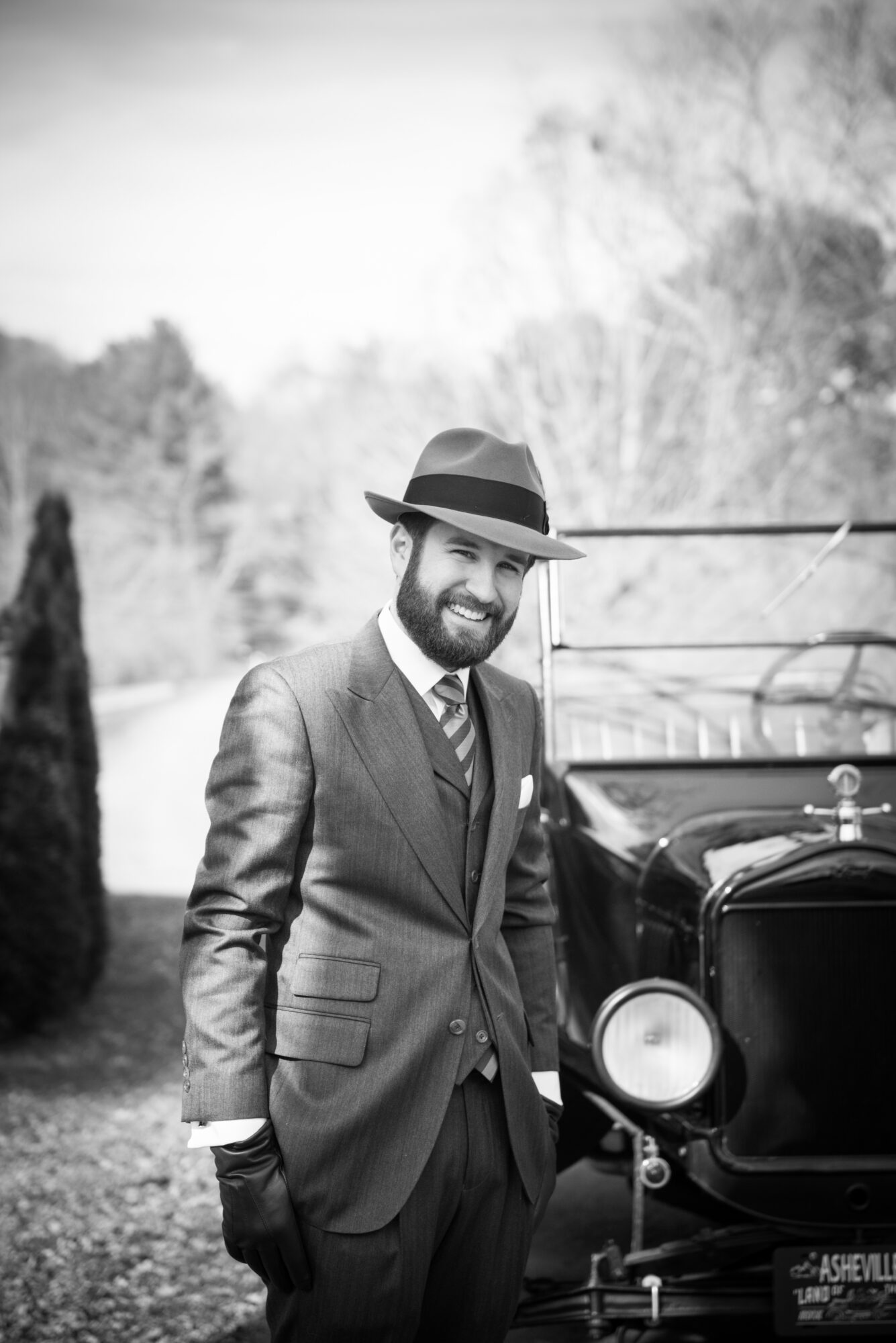

Heath Towson shared their story and experiences with us recently and you can find our conversation below.
Hi Heath, thank you so much for taking time out of your busy day to share your story, experiences and insights with our readers. Let’s jump right in with an interesting one: What makes you lose track of time—and find yourself again?
I am currently preparing a two-part presentation for our local Preservation Society on the history of an Asheville, North Carolina based architecture and engineering firm, Six Associates. This firm really ushered Asheville into the modern age during the middle of the 20th, pulling together a group of eclectic designers and engineers. Being an Asheville native, you become somewhat numb to your surroundings after traveling the same path and seeing the same sights every day. This project has given me a new excitement and appreciation for much of our architecture but also has led me to many buildings and homes that I never knew existed. I am enjoying the journey of finding these buildings, talking to descendants of their owners and learning about the inspiration for their construction. Six Associates was comprised of five architects and one engineer, most of whom grew up in Asheville in their formative years and saw the transformation of a small mountain town into a true metropolis. As I have been looking through books, newspaper articles and driving around town to view or photograph these properties, I feel like I am really getting to know Asheville on a deeper level. This project also brings back a lot of good memories of the Asheville I remember growing up in as a child and the Asheville I share with folks with then they take a Mountaineer Motor Tour with me through the city. As I make my way through this research, it feels like I get lost in the work and before I know it, hours have passed!
Can you briefly introduce yourself and share what makes you or your brand unique?
My name is Heath Towson and I am a historian in Asheville, North Carolina. I am an Asheville native, being born and raised in the city, which is somewhat unique in this day and age. I have my own tour company, Mountaineer Motor Tours, where I tour folks around Asheville in my 1923 Ford Model T. This business allows me to combine my love for antique automobiles and Asheville history. This is my fourth season running Mountaineer Motor Tours, which was a part time side business while I was working full-time as a tax accountant and has been full time for the last two years. I also work as a docent at the Estes-Winn Antique Car Museum and as a step on bus guide for Young Transportation here in Asheville.
In addition to sharing history through guided tours, I also enjoy writing about Asheville’s history in a variety of topics including music, architecture, culture and automotive history for the Mountaineer Motor Tours blog. I find that this is a good way to challenge myself to research a variety of topics and continually refresh my knowledge, as well as learn new things. Asheville has changed dramatically in the last fifteen years with many new people moving here, new businesses opening, the loss of historic buildings in and around Asheville, as well as several severe storms, including the flooding and damage wrought by Hurricane Helene. These are all motivating factors for me to try to preserve the unique history, that truly makes Asheville memorable.
Okay, so here’s a deep one: Who were you before the world told you who you had to be?
I have always been a fairly risk averse person and generally made decisions trying to avoid things that felt risky. When I enrolled as a freshmen at Appalachian State University, that seemed to change this mindset for me. College gives you the opportunity to be whoever you would like to be and also exposes you to people different than you. It also came with many new challenges that pushed me to get out of my comfort zone and develop confidence that I did not have before. I was a percussionist, who chose a degree in music industry studies, hoping to one day launch my own custom drum building company or land a job at a large musical instrument company. However, the 2008 market crash struck in the middle of my college career and drastically reduced the number of jobs available. Being part of the millennial generation, we were told it was incredibly important to get a four year degree and immediately find a job. Our focus went from finding our “dream job” to finding any job that we could.
This took me to an internship with the Percussive Arts Society in Indianapolis, Indiana, where I later landed a job as their programs and operations coordinator at the Rhythm! Discovery Center Museum, which gave me my first introduction to being a tour guide. I always enjoyed giving presentations in school as it allowed me to really take a deep dive on subjects and it had an element of performance to it. I eventually started developing educational programs for the museum and leading around 100 tours a years through the museum. After a while, I began to be homesick for Asheville and decided to move back. Part of my strategy in moving back was to find a more stable, better paying job.
When I moved back, I began pursuing a masters degree in accounting, as I had earned a business minor in my music industry studies program at Appalachian State and was performing some minor accounting roles for the Percussive Arts Society. My father has been a CPA for over 40 years and I had observed him building a good life for our family with this career, although we didn’t see him very much during tax season.
I went through a very difficult run of prerequisite classes at UNC Asheville and then on to Western Carolina University, for their masters in accounting program. All of the classes were night classes, held once a week for around 2-3 hours, which I would attend when I got off work. The classes were rigorous and some of the professors very difficult, which began to make the program fairly unenjoyable. I thought this was how life is supposed to be though and persevered for three years, taking classes part time while working full time before I graduated. Work was even harder and at times, my supervisors were not always understanding of tests or big assignments. Again, I thought work is work and maybe misery just comes along with it. My parents told me I needed this job with good benefits and steady pay. Slowly, the job was taking over more of my life and sanity, which started being unsustainable.
After almost eight or nine years of this job, my wife urged me to quit and look around for other options. I had been dreaming of quitting this job for years, but thought my whole world would fall apart if I did. Many days I would sit at my desk trying to focus on a tax return or trial balance, as my thoughts drifted towards old cars or a “history mystery” or Asheville research I was working on. When I went to turn in my notice and quit after months of stomach churning, my supervisor actually refused to accept it and told me to go home and think about it. I returned to his office again the next day and said my mind was made up – I was quitting after almost ten years in accounting.
The day I left the office for the last time was one of great relief. I don’t remember much fanfare or acknowledgement from anyone – the work goes on whether or not you are there. The next day, I climbed behind the wheel of my 1956 Chrysler 300B and left all that behind. I have my wife to thank for helping encourage me to pursue this new life, which feels much more in harmony with my interests and talents. She could see how much the job was affecting my health and our family, which I was in denial about.
What’s something you changed your mind about after failing hard?
Music has been a big part of my life since I was a child. As a young man, I began by playing cello after being inspired by the sound of it on a board game we played as a family, Music Maestro, where you would score points for identifying the sound of a particular instrument on a cassette tape. The particular excerpt played for the game was the Bach Cello Suite, which I thought was particularly lovely. My dad bought me a 1/4 size cello and enrolled me with a local cello play in the Asheville Symphony, Frances Duff, who I would study with for many years. My dad even bought himself a cello and took lessons with me for a while. We even learned some duets and performed together for my second-grade class during show and tell at Claxton Elementary.
By middle school, I wanted to change to a different instrument, so I could join the band. My dad had told my brother and I many stories of playing in the marching band, where he played trumpet through junior high and high school. All of this sounded exciting and seemed more fun that playing cello in some dusty rehearsal hall. I had received a small electric drumset (Yamaha DD50) for Christmas when I was in fifth grade with music you could drum along with and fell in love with the drums.
Through middle school and high school, my love for drums and percussion grew in a big way. I wasn’t a very good student during this time, but the drums gave me a sense of confidence and self-worth, because it was something I could be good at. I was also terrible at sports and had no interest in following them, so music was a great relief. I ended up meeting several friends that I have been connected with for life because of band.
By the time I got to high school though, I received a reality check about my skill level in percussion. I entered the all-district band competition on both snare drum and timpani, but didn’t even come close to placing in the band. I worked extra hard the next year and made it into the all-district band as an alternate. The same pattern followed – I didn’t make the band junior year but did place on timpani my senior year.
During the summer of my senior year, the principal timpanist position for the Asheville Symphony became vacant. I thought maybe I could earn this spot and began preparing pieces for the audition. I had no idea how in over my head I was! The day I arrived for the audition, there were professional timpani players all warming up in the practice room, even one who brought their own set of Timpani! When I went in to audition, one of the timpani had a terrible rattling sound that got worse as the audition went on. The audition panel asked me to stop playing and start over, which made me even more nervous. Eventually the condition of the drum that was rattling continued to deteriorate enough that they asked me to leave the room, while a percussionist on the audition panel tried to fix the drum. I was asked to come back in and do the entire audition again, which completely destroyed my confidence and the drum still had a rattle. One of the other players fixed it during his audition. I knew I had no chance and didn’t even make it to the second round of the audition. After this experience, I began questioning whether or not I wanted to be a professional performing musician.
This was also the year that I decided I wanted to be a music major, because I didn’t have much interest or awareness in other subjects and defined much of my identity as being a drummer. I had my eyes set on Indiana University, one of the best music schools in the country. I prepared a range of pieces for snare drum, marimba, timpani and various percussion instruments over the following months before traveling to Bloomington, Indiana.
When we got there, it was snowing and extremely cold. I had run through my audition the night before and felt fairly confident. When I got into the audition room, there was a group of four percussion professors sitting at a table in front of me, looking at me fairly cold. They didn’t greet me or even ask my name hardly, but to start at one percussion station and move to the next. I barely got a couple of strokes of the drum out before I was asked to stop and move on to the next instrument. By the time I began playing my solo on marimba, I was again asked to stop and leave. I got the feeling I had no chance and that feeling turned out to be right. I waited for months to hear back from the university about a decision. For the academic side of my application, I was denied admission to the university as my grades were not competitive enough with the other students. There was one faint glimmer of hope, which was that if I was accepted into the music school, I could be accepted into the university. Then the letter came from the music school that I had not been accepted there either. I felt deflated as I had been telling my friends and teachers for months that I would be going there as a percussion performance major. I realized later that the name and image of the school does not matter.
While waiting for IU, I auditioned at Appalachian State University and had an epiphany that maybe I didn’t want to be a touring musician someday. I didn’t really want to have to keep doing these gut wrenching auditions and that maybe an office job in some kind of music company would better and more stable. I enrolled in their music industry studies program and was accepted to the university. When I went to audition for the percussion studio, the head professor, Dr. Rob Falvo was incredibly kind to me and listened attentively as I played through each of my prepared pieces. Several weeks later, I received a letter that I had been accepted to the music school!
Sometimes things don’t go like you think they will go and often lead you to something better. Although this was incredibly embarrassing to not make the audition, Appalachian State turned out to be a much better path for me and changed my life in so many ways for the better.
So a lot of these questions go deep, but if you are open to it, we’ve got a few more questions that we’d love to get your take on. What do you believe is true but cannot prove?
Working in fairly practical careers like the music industry and accounting, most of the work is based on hard facts. But I think a lot of times, there is a greater force at work that we don’t even know about. I think that there is a “muse,” a creative energy or source of inspiration that wants to see us reach our greatest potential and use our talents to help other people. We often get sidetracked listening to other people’s opinions of our self-worth or what they think we should be doing. If you believe in this force and seek out its power, I believe it can lead you to producing great work, using your talents. If you decide to waste this talent or choose a path that is easier because you don’t want to expend the effort, it can make the muse angry and bad things can happen. Usually, the more challenging path that pushes you out of a perceived comfort zone will lead to more satisfaction, whether or not financial reward follows. You have to do it because you can’t imagine a life that is led in any other way but towards your truth.
Okay, so before we go, let’s tackle one more area. Could you give everything your best, even if no one ever praised you for it?
A lot of Asheville’s history that I research I know not everyone will be interested in. They may like it, dislike or choose to ignore it and that is OK. I have this feeling that I have to write and research it, no matter what. There are many stories I want to know the truth about and research in a deep, time consuming fashion. When the article is completed, even if I am the only person that reads it or it gets no accolades, that is fine by me. The true joy is in the work and knowing that you chased down everything that you can. If someone chooses to read it or even gets something out of it, that is extra.
Contact Info:
- Website: https://www.mountaineermotortours.com/
- Instagram: https://www.instagram.com/mountaineermotortours/
- Linkedin: https://www.linkedin.com/in/heath-towson-564904126/
- Facebook: https://www.facebook.com/mountaineermotortours
- Youtube: https://www.youtube.com/channel/UCr8eAoZMGHdPCj56HFHRIqA?reload=9
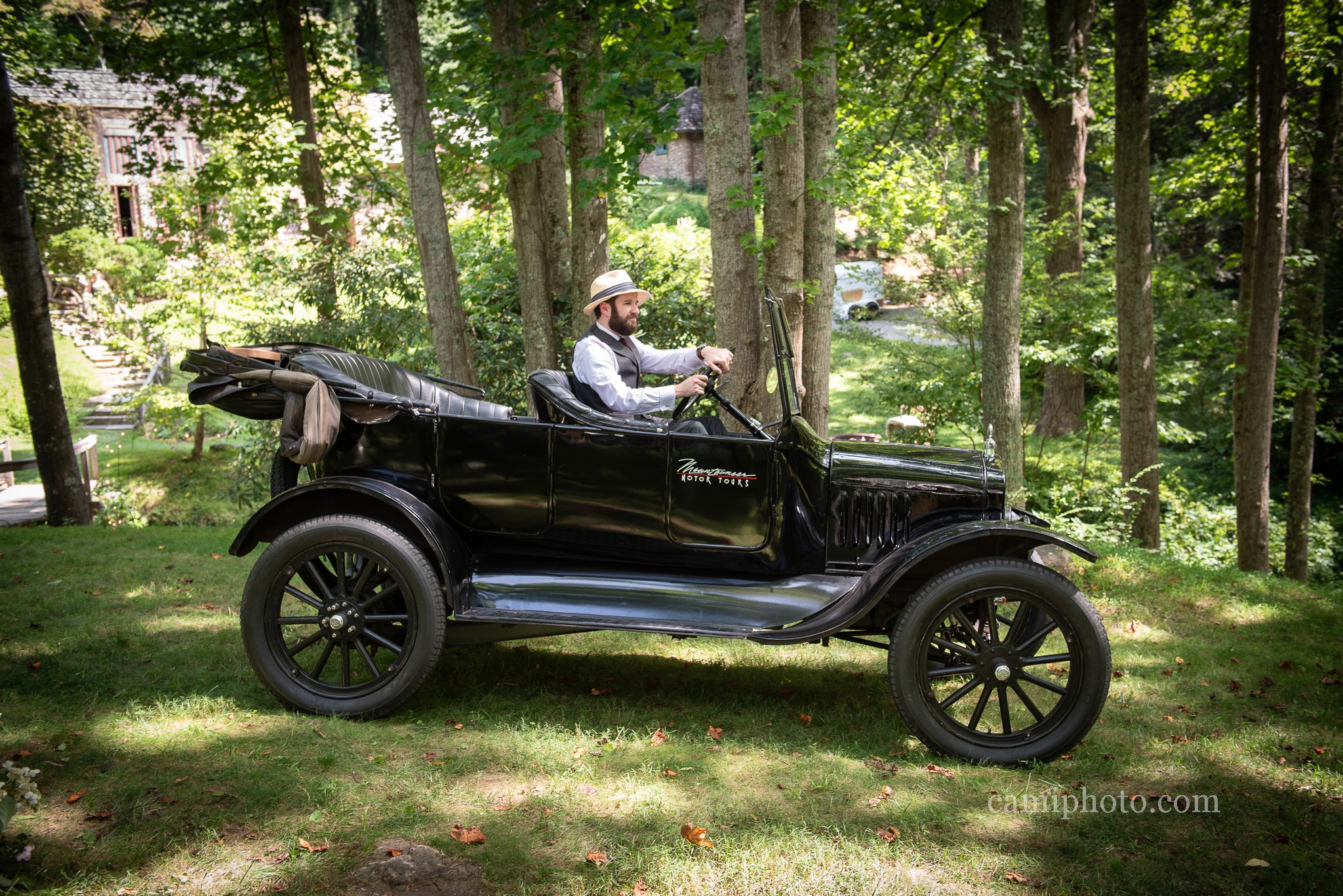
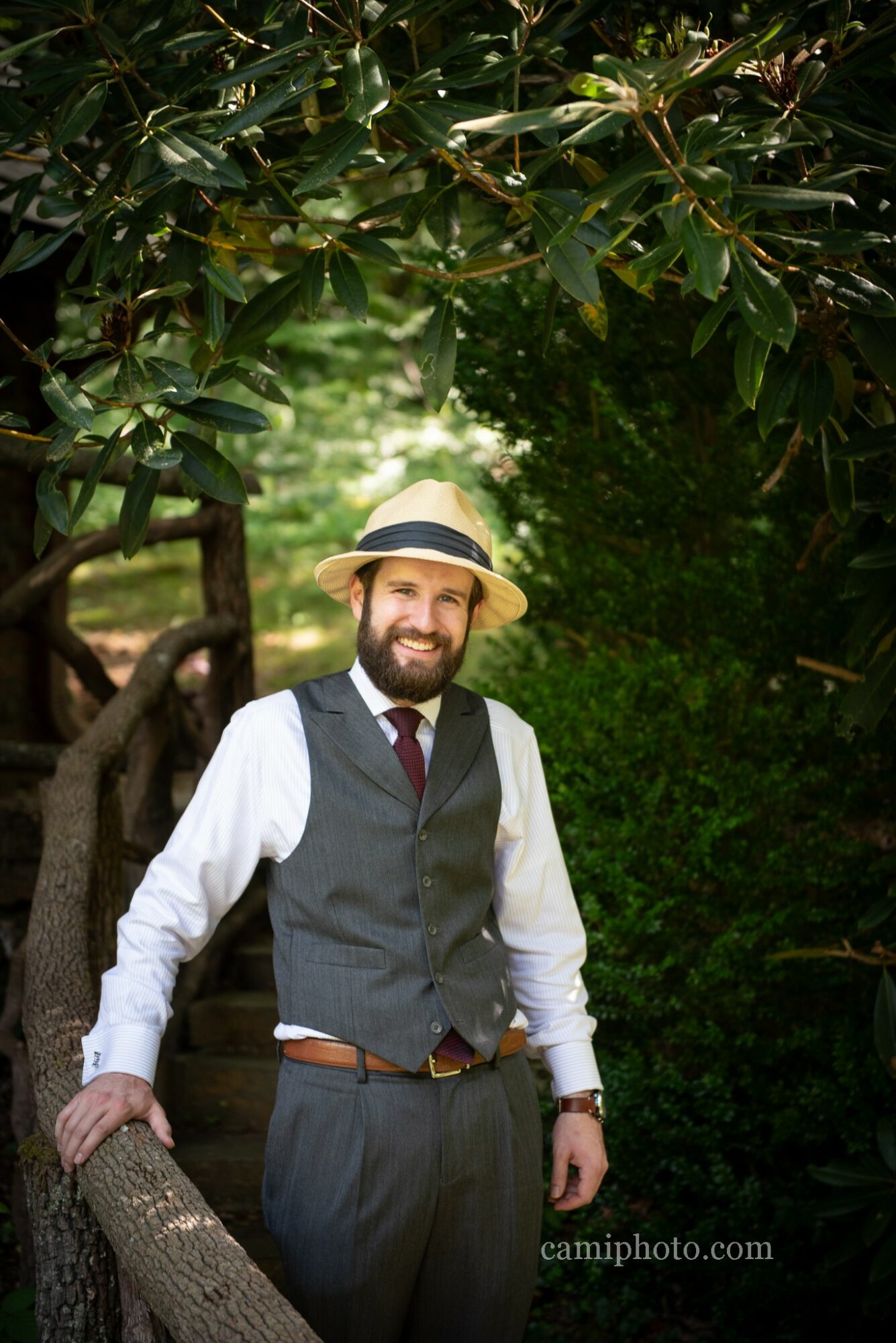
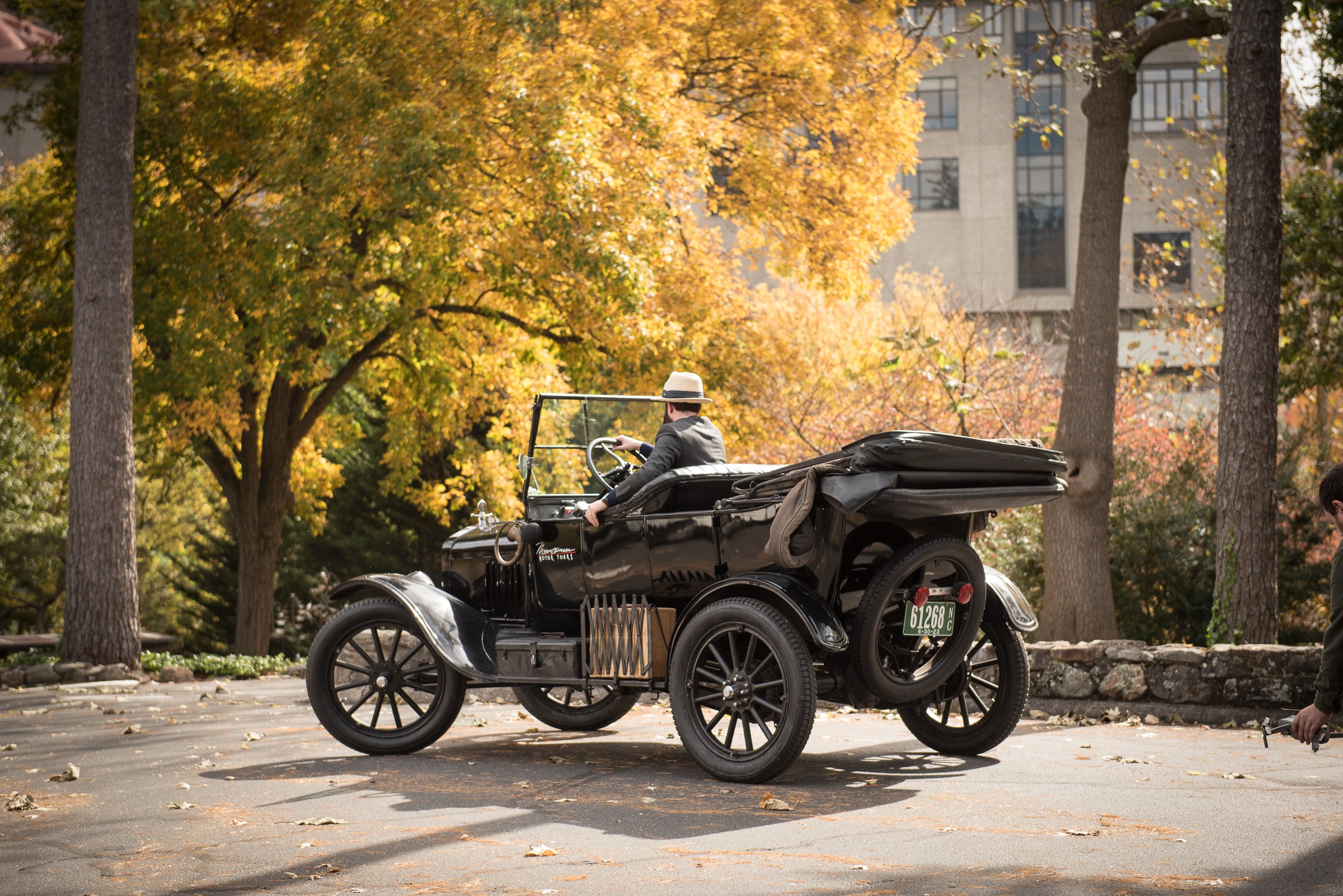
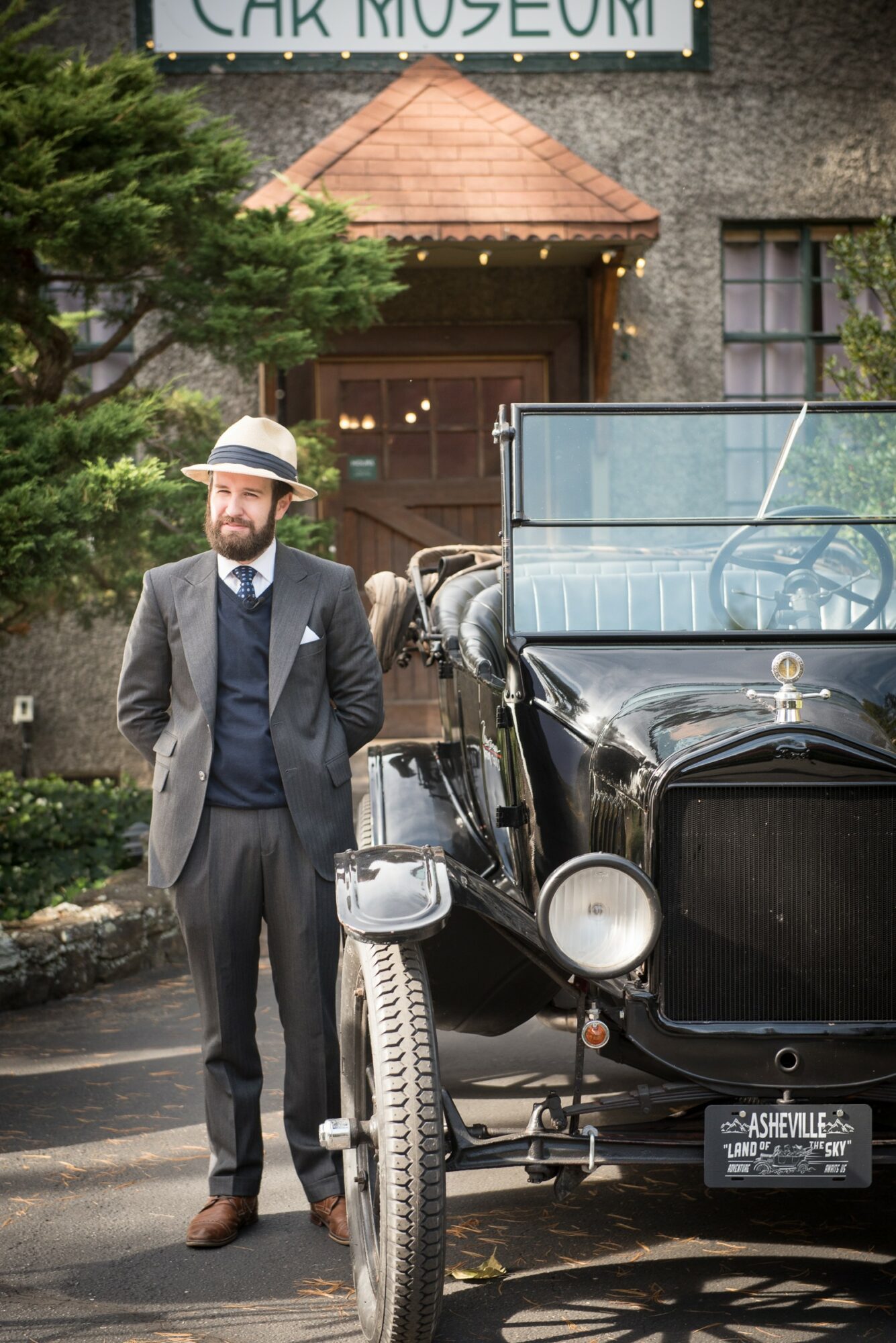
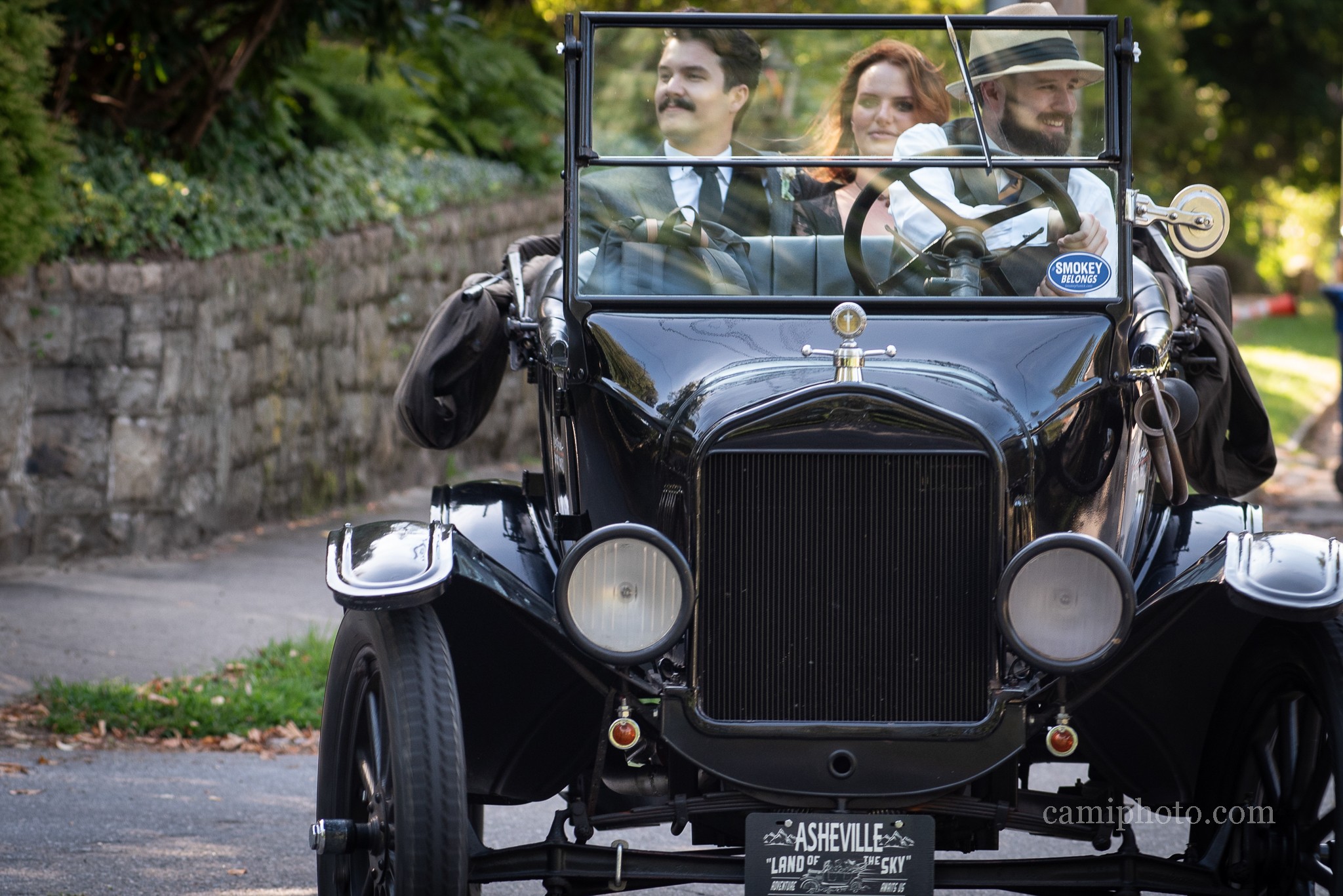
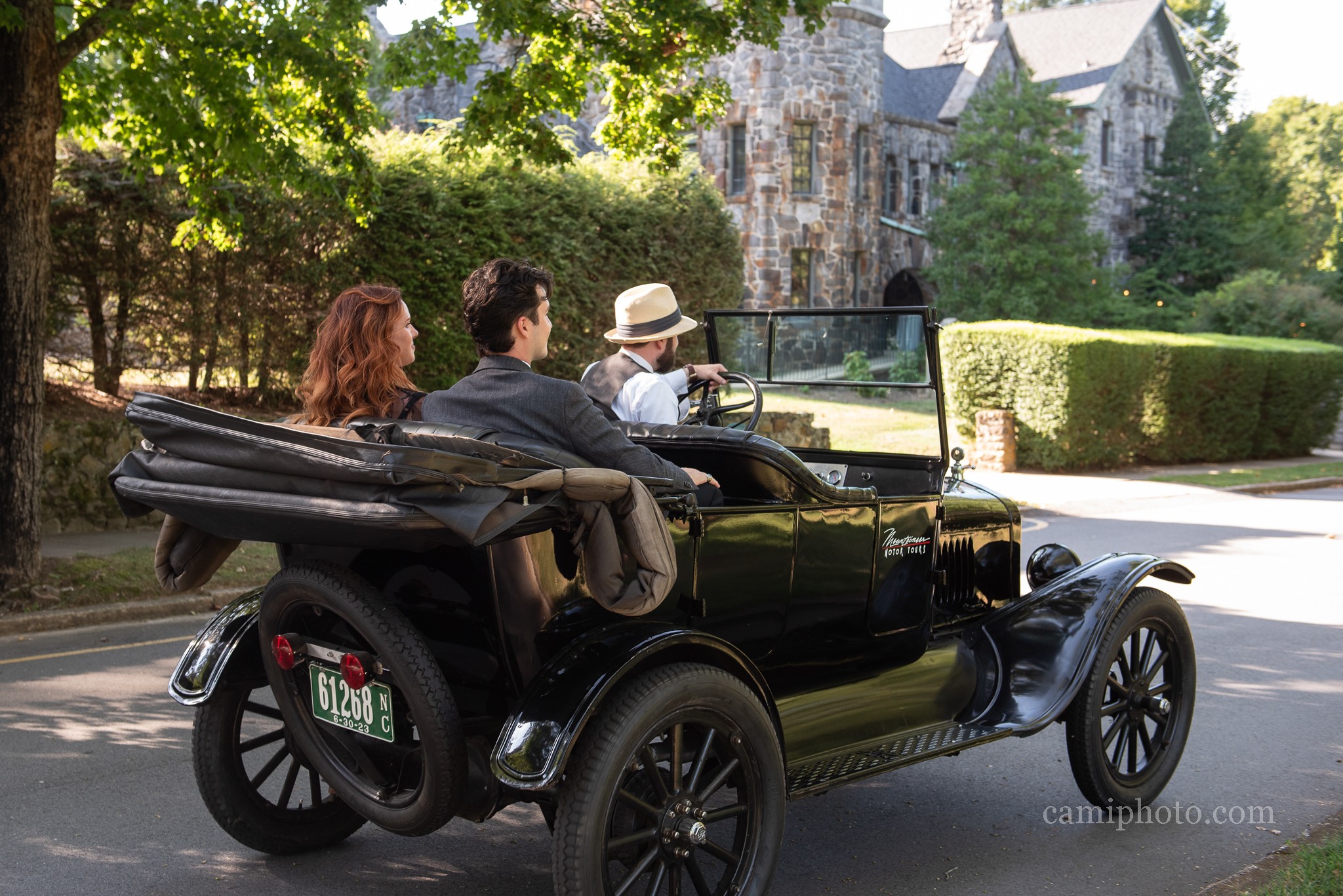
Image Credits
All photos are by Camilla Calnan of Cami Calnan Photography












